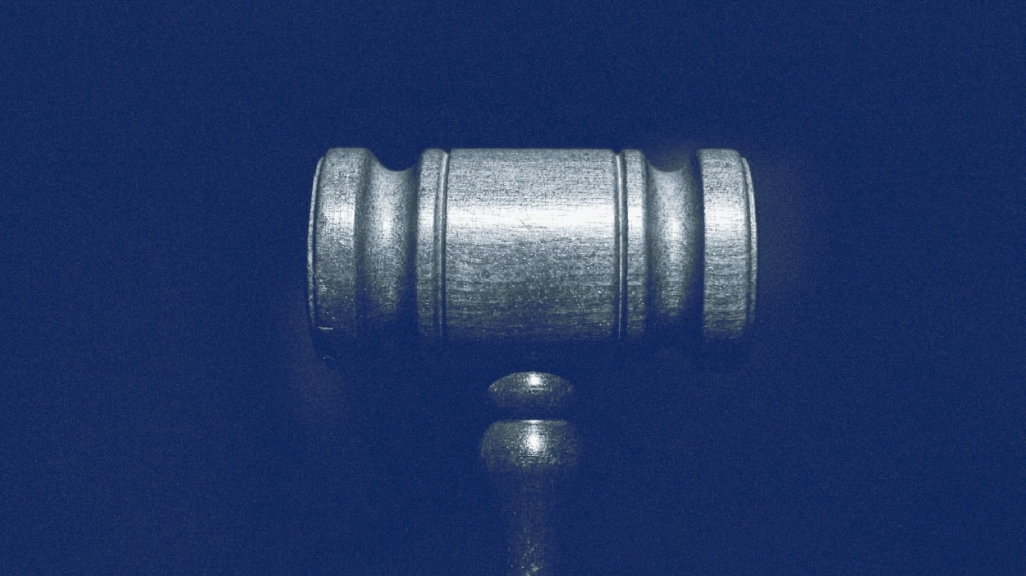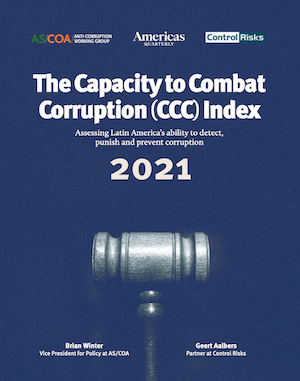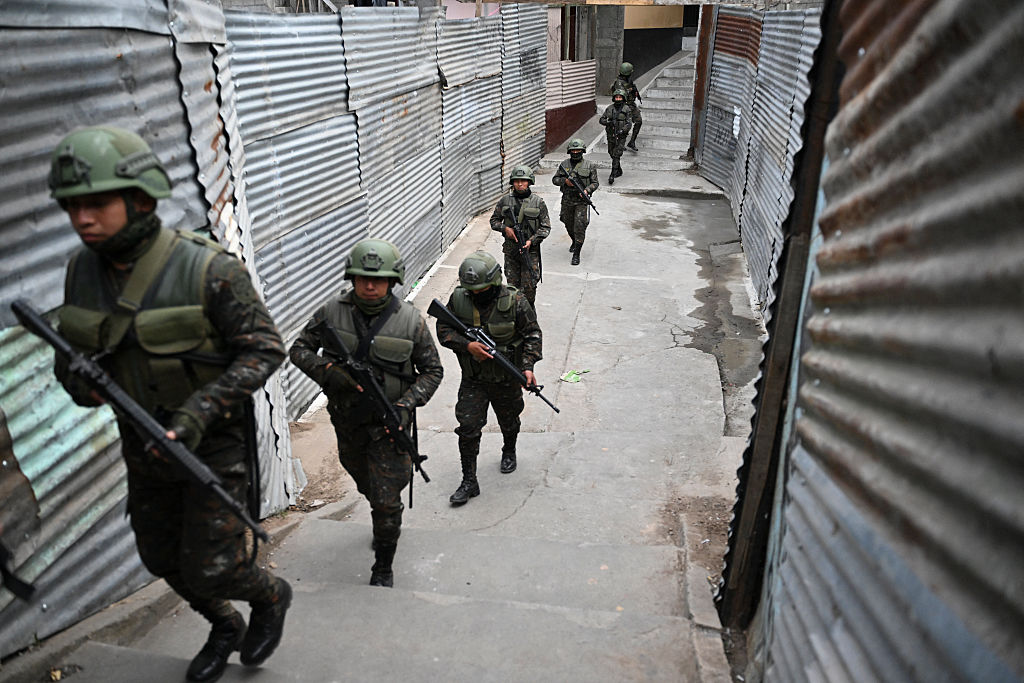The 2021 Capacity to Combat Corruption Index
The 2021 Capacity to Combat Corruption Index
The third edition of AS/COA and Control Risks’ CCC Index explores 15 Latin American countries’ ability to detect, punish, and prevent corruption.
The fight against corruption in Latin America suffered a new wave of setbacks over the past year. In several countries, the COVID-19 pandemic led governments and citizens to shift their focus to other urgent priorities. Latin America has been among the regions hardest hit by the pandemic, both economically and in terms of number of deaths. With governments under increasing financial strain, and healthcare systems in many countries severely impaired, the pernicious effects of graft on society are amplified.
Against this backdrop, AS/COA and Control Risks are launching the third edition of the Capacity to Combat Corruption (CCC) Index. The index was launched in 2019 to assess Latin American countries’ ability to detect, punish, and prevent corruption. The third edition of the CCC Index covers 15 Latin American countries, providing year-on-year comparisons for all countries.
Rather than measuring perceived levels of corruption, the CCC Index evaluates and ranks countries based on how effectively they are able to combat corruption. Countries with a higher score are deemed more likely to see corrupt actors prosecuted and punished.
The ranking is:
- Uruguay (7.80 out of 10)
- Chile (6.51)
- Costa Rica (6.45)
- Peru (5.66)
- Argentina (5.16)
- Brazil (5.07)
- Colombia (4.81)
- Ecuador (4.77)
- Panama (4.55)
- Dominican Republic (4.38)
- Mexico (4.25)
- Paraguay (4.08)
- Guatemala (3.84)
- Bolivia (2.43)
- Venezuela (1.40)
The CCC Index looks at 14 key variables, including the independence of judicial institutions, the strength of investigative journalism, and the level of resources available for combating white collar crime. These variables are divided in three categories: legal capacity, democracy and political institutions, and civil society and media. Countries’ overall scores are a weighted aggregate of these three categories.
The index relies on extensive data and on a proprietary survey conducted among leading anti-corruption experts from Control Risks, academia, civil society, media, and the private sector. You can check out the 2019 and 2020 reports as well.
- Download the 2021 report in English, Spanish, or Portuguese.
- View interactive charts featuring this year’s data.
- Join our June 15 launch event.
- Learn about other editions of the Capacity to Combat Corruption Index.
- Join the discussion on Twitter: #CCCIndex
For media inquiries or to speak with an expert on this topic, please contact mediarelations@as-coa.org.










